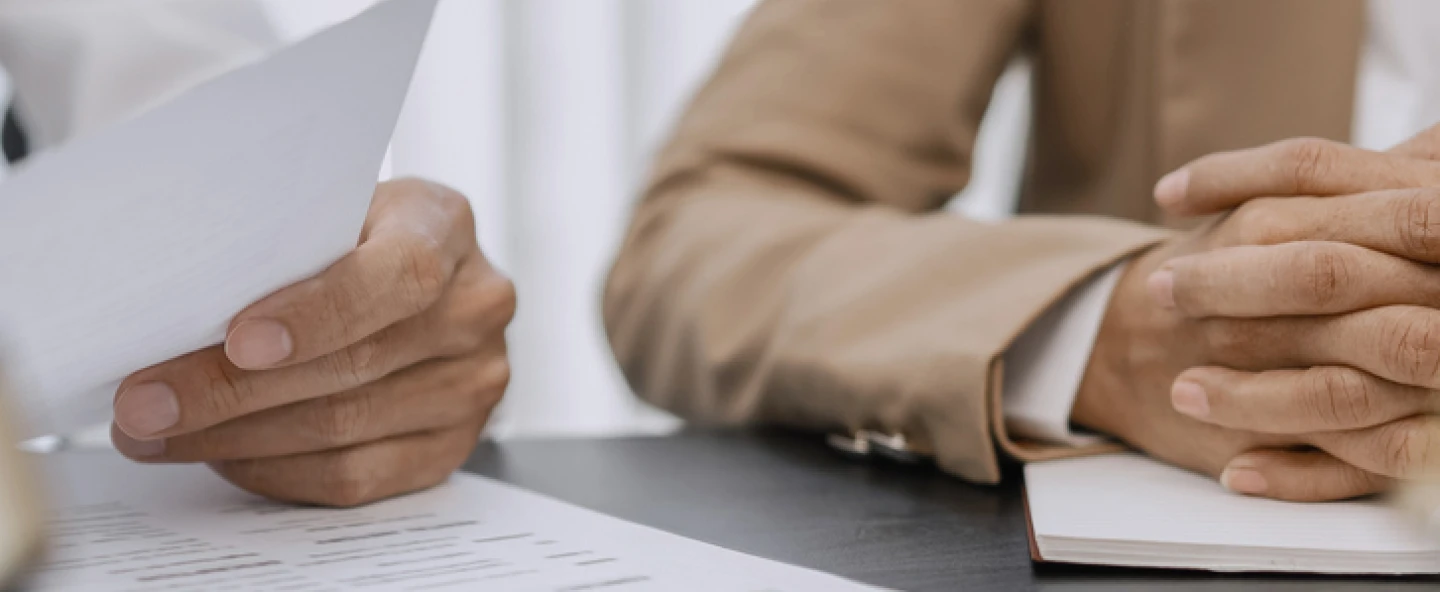
20+ Years of Experience
Chicago Juvenile Crimes Attorney
Illinois has a dedicated juvenile justice system to handle criminal acts by minors under the age of 18. This system is separate from the adult criminal justice system and is designed to assist juveniles and move them away from criminal behavior. If you or someone you love has been charged with a juvenile crime it is important to speak with an experienced Chicago juvenile crimes attorney as soon as possible.
There are many alternative sentences that can be achieved in the juvenile system, but those options will likely only be available if you hire an attorney. The Kostopoulos Law Group can help to minimize the consequences of a juvenile arrest, and achieve the best possible outcome in your criminal case.

20+ Years of Experience

Experienced Former Prosecutor

Top Rated in Criminal Defense
What Happens When a Juvenile is Arrested?
When a juvenile is arrested in Chicago, police may be required to detain them separately and for a shorter amount of time than adults. The specific procedures that apply will depend on the age of the juvenile.
Juveniles under the age of 12 may only be detained for six hours after an arrest. A parent or guardian must be called to secure custody of this child.
Juveniles between the ages of 12 and 16 can be held for between 12 and 24 hours, depending on the type of crime they have been arrested for committing. Juveniles over the age of 16 can be held as adults.

Can Police Question Juveniles Without a Parent or Lawyer?
In most situations, police are not required to wait for a juvenile to have a parent or lawyer present during questioning. However, police are lawfully required to make a reasonable effort to contact a parent or guardian after a juvenile has been arrested in Chicago.
If the police do begin to question a juvenile without a parent or attorney present, a youth officer must be present in the room. A youth officer is responsible for ensuring that the juvenile’s rights are protected. However, this officer is a full-fledged law enforcement officer and can (and will) collect damaging evidence against that juvenile.
There are limited situations when a juvenile must have an attorney present for questioning. These include times when a minor is arrested for homicide or sexual assault. If the juvenile does not have an attorney the state must provide one.

Are All Crimes By Minors Heard in Juvenile Court?
Most crimes committed by minors under the age of 18 will be adjudicated in Chicago’s juvenile criminal justice system. However, there are certain situations when criminal acts committed by a juvenile will proceed through the traditional adult criminal justice system. A court will consider factors relevant to each case to determine if a young person should be tried as a juvenile or an adult. The most important factors in this decision include:
- Whether the crime was a misdemeanor or felony offense; and
- The age of the offender at the time of the act.
If a juvenile is close to the age of 18 and/or commits a very serious offense, the chances of being tried as an adult are greater. When you hire an attorney, we will advocate to have you tried as a juvenile.
What Happens When You Are Tried as Juvenile?
Detention or Release During Proceedings
When a minor is charged as a juvenile in Chicago they can be released to their parent/guardian or detained by the state for the duration of the trial. Juveniles between the ages of 10 and 16 can be held at the Cook County Juvenile Temporary Detention Center. The juvenile detention center is designed to make sure that youthful offenders are housed in a safe environment and have access to “programs and structure that enhance personal development and improve opportunity for success upon return to the community.”
Juvenile Court Hearings
Juvenile crimes are tried before a special juvenile court. This court has jurisdiction over all juveniles who have violated a local, state, or federal law. The following hearings may take place when a juvenile has been charged with a crime:
Pre-trial detention hearing. This will determine if a juvenile should be detained or released for the duration of the criminal proceedings.
Transfer to adult court hearing. This will determine if a juvenile should be tried as a juvenile or an adult. If the juvenile will be tried as an adult this hearing will determine how jurisdiction and the defendant will be transferred.
Plea hearing. At this hearing, a juvenile defendant will have the opportunity to enter a plea of guilty or not guilty before the court.
Trial. A judge will hear testimony, evidence, and arguments from the state and the juvenile’s criminal defense attorney.
Sentencing hearing. If the juvenile is convicted, a sentencing hearing will be held to determine an appropriate criminal punishment.
What are the Possible Criminal Penalties for a Juvenile Crime?
Subtitle
There are a number of penalties that can be imposed when a juvenile is convicted of a crime in juvenile court. Many of these penalties are designed to rehabilitate and educate juveniles, and to prevent any future criminal behavior. Possible criminal penalties for juvenile crimes in Chicago include:
- Verbal warnings;
- Fines and restitution;
- Mandatory counseling;
- Community service;
- Probation;
- Electronic monitoring;
- House arrest;
- Boot camp;
- Incarceration in a Juvenile Detention Facility; and/or
- Incarceration in a Cook County Jail or Illinois State prison.
Hiring a Chicago juvenile criminal defense attorney to handle your case will increase your chances of securing alternative sentence options. These options are less harsh than traditional methods of punishment and can significantly help a juvenile offender get back on track in life. Contact the Kostopoulos Law Group today to learn more.
Expunging a Juvenile Criminal Record
In recent years, Illinois has made it significantly easier to expunge juvenile criminal records. When a record is expunged your criminal record will no longer reflect that you were arrested, charged, and/or convicted of that crime. This will make it easier to get a job, rent an apartment, and enroll in school. Certain juvenile offenses cannot be expunged because they are believed to be extremely violent and dangerous. Criminal records that may not be expunged include first-degree murder, felony sex offenses, driving under the influence of alcohol, and reckless driving.
If you have been arrested, charged, and/or convicted of a juvenile crime in Chicago and may be eligible for expungement, contact the Kostopoulos Law Group today. We can help to make your future less stressful by petitioning the court for an expungement.


Experienced Chicago Juvenile Criminal Defense Attorneys
Have you or someone you love been arrested and/or charged with a juvenile crime in Chicago? If so, contact Chicago criminal defense attorney Gus Kostopoulos today for immediate legal assistance. Early intervention in a juvenile criminal case is essential to a positive outcome, so it is important to call us as soon as you can. We will fight to keep all criminal charges in juvenile court and avoid any serious and life-changing penalties. Call us today to set up your free consultation.
Awards and Associations







Get Free Consultation
Top-client-rated criminal defense law firm in Dupage County. Don’t settle for less when your liberty, family, and life are on the line.
Call Dupage County and Cook County criminal defense attorney Gus Kostopoulos today to discuss your case.




